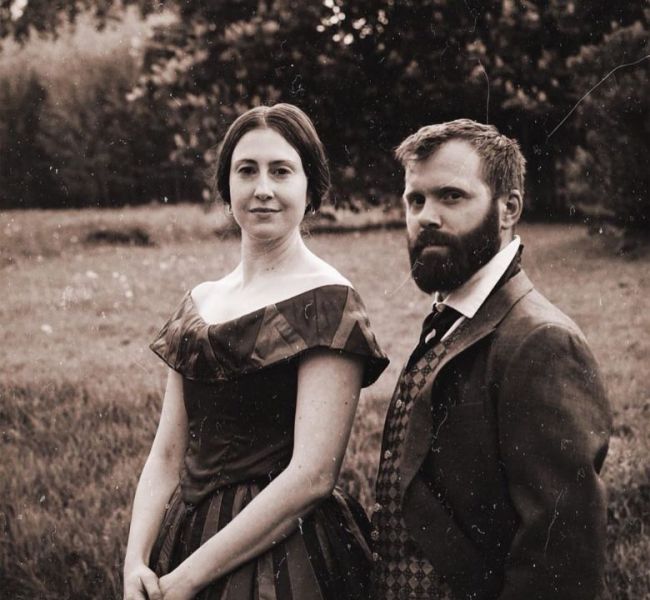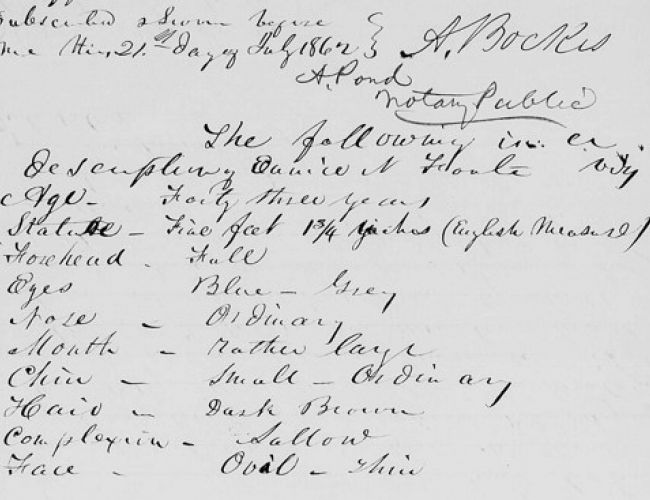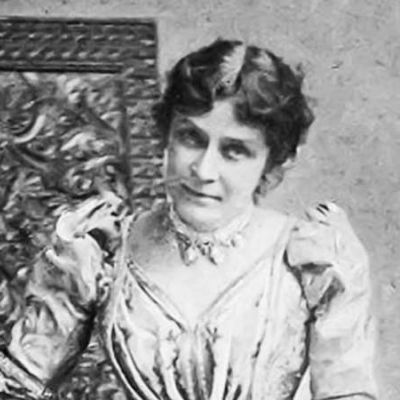People wonder if Eunice Newton Foote was connected to Isaac Newton. In the next sections, you will learn more about her connection. During the mid-nineteenth century, Eunice Newton Foote, an American scientist and women’s rights champion made ground-breaking discoveries in the field of climate study.
Research on the warming effects
Her research on the warming effects of various gases established the
groundwork for our knowledge of the greenhouse effect and its relationship to climate change.
underscoring the long-standing erasure of women’s contributions in STEM fields.
Eunice Newton Foote’s personal life, marriage, children, family, parents, siblings, ethnicity, and cultural background are all discussed in this page.
Eunice Newton Foote, was she related to Isaac Newton?
Eunice Newton Foote and Sir Isaac Newton share the surname
“Newton,” but their ancestors are distant and from different eras.
Eunice Newton Foote was born nearly a century after Sir Isaac Newton died.
Eunice Newton Foote is an environmental scientist and a descendant of Isaac Newton Sr.
Sir Isaac Newton contributed significantly to physics and mathematics, particularly with his principles of motion, gravity, and calculus.
Eunice Newton Foote’s father was a distant relative of Isaac Newton.
Meanwhile, Eunice Newton Foote concentrated on examining the Earth’s position in relation to the larger universe via the lens of climate science.
Elisha Foote and Eunice Newton Foote’s Relationship
In 1841, Eunice Newton Foote married lawyer Elisha Foote.
The couple’s relationship was built on mutual respect and support.
While Foote pursued her scientific endeavors, Elisha encouraged her and gave financial aid to help her continue her study.
Eunice Newton Foote was married to Elisha Foote, an inventor, and attorney, until his death in 1848.
Their marriage freed Foote to pursue her scientific interests without financial restraints.

Eunice Newton Foote’s Childhood
Eunice Newton Foote was born in Goshen, Connecticut in 1819.
She showed an early interest in scientific exploration and rejected cultural restraints to pursue her interests.
Foote obtained a well-rounded education at the Troy Female Seminary,
where she was able to foster her scientific interest and broaden her knowledge.
Foote’s most notable scientific contribution was the discovery of the greenhouse effect through her investigations on the warming effects of various gases.
She carried out a series of tests in 1856 that established the warming characteristics of carbon dioxide and damp air.
Foote discovered that these gases trapped heat in the same way that the greenhouse effect does.
Her findings led her to forecast that rising CO2 levels would result in a warmer Earth.
Foote’s pioneering research, which predated the work of renowned scientist John Tyndall,
provided critical insights into the relationship between greenhouse gases and climate change.
Her work, however, went ignored and garnered little attention at the time.
Tyndall’s publication in 1861 drew the most attention, raising concerns
over the deletion of Foote’s name and underlining the historical erasure of her achievements.
Eunice Newton Foote’s Legacy And Recognition
Eunice Newton Foote’s expertise and contributions to climate studies have received increased attention in recent years.
Scholars and activists have worked to correct the historical error and honor her as a unique historical figure.
Efforts are being made to publicize Foote’s accomplishments, and a short film has been created to honor her life.
Foote’s experience reminds us of the discrimination and lack of acknowledgment that underrepresented people endure in scientific disciplines.

Also read:
Is Eunice Newton Foote related to Isaac Newton Senior?
The legacy of Eunice Newton Foote will be remembered by future generations.
Recognizing her work is a step toward recognizing the vital contributions of science’s underrepresented figures.
Her creation also underlines the progress that need to be made in establishing equitable representation.
Today, Eunice Newton Foote’s legacy is recognized, and her contributions to climate change research are recognized.
Her seminal work on the greenhouse effect continues to inspire and
has sparked further inquiry into underappreciated contributions and gender prejudices in science.




